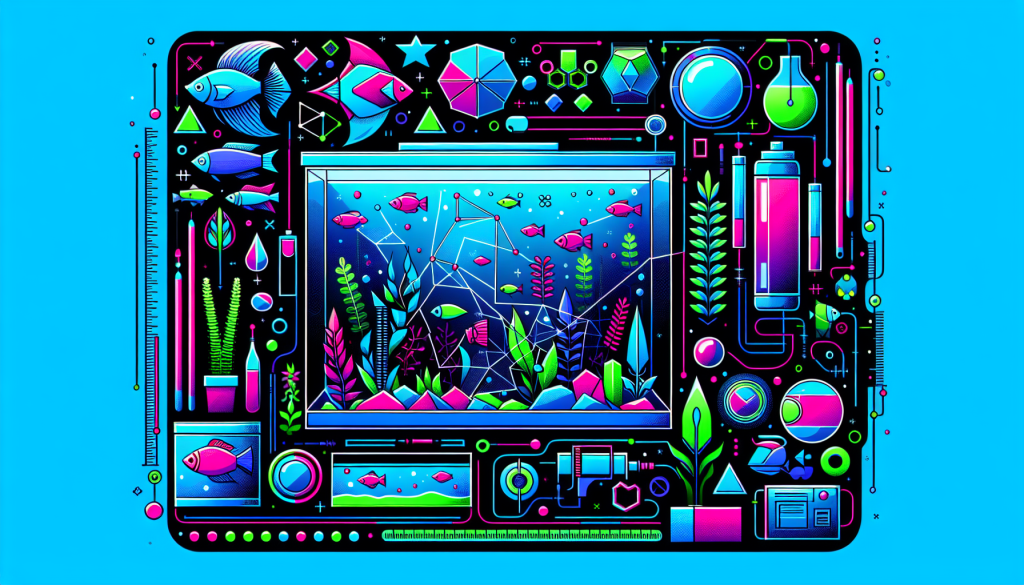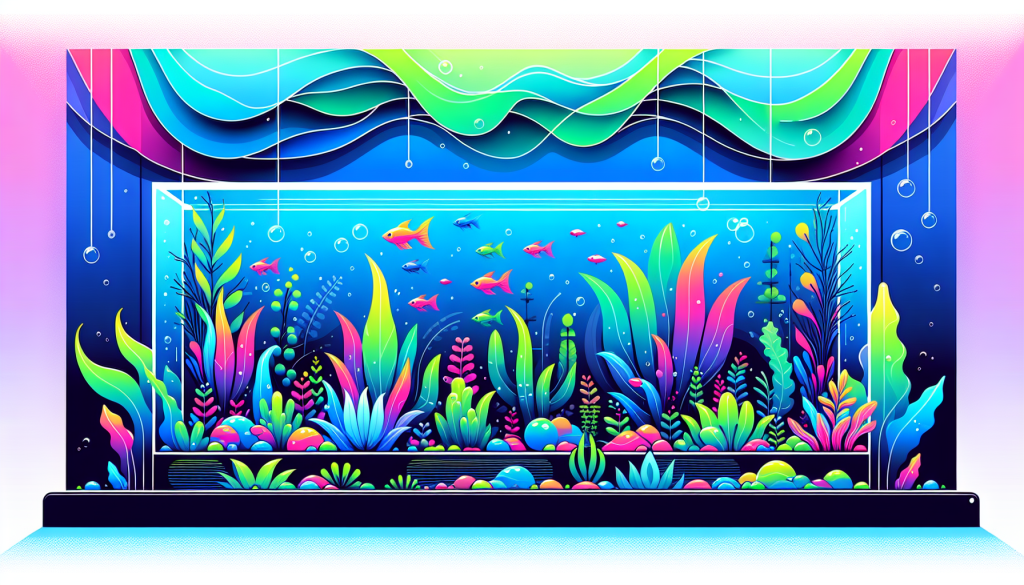Do You Really Need Judge Interview? Pros & Cons
As aquascaping competitions gain worldwide popularity, competitors are paying more attention to every aspect of the judging process—including the infamous judge interview. But is this one-on-one session with the competition judges truly essential for success, or is it simply an added stress? In this blog post, we’ll explore the pros and cons of judge interviews in the aquascaping world, so you can decide if participating in one can benefit your aquascaping journey.
What is a Judge Interview in Aquascaping?
A judge interview is a formal or informal conversation between aquascaping competition participants and the panel of judges. Typically conducted after the initial presentation or completion of your aquascape, this interview gives participants a chance to explain their creative process, design decisions, and answer judges’ questions. While some competitions require a judge interview, others make it optional.
Pros of Participating in a Judge Interview
1. Opportunity to Explain Creative Choices
Even the most visually stunning aquascape may not immediately convey the full extent of your vision or narrative. A judge interview allows you to highlight unique design elements, discuss technical challenges, and showcase your deep knowledge of various aquascaping styles. This can influence judges’ appreciation for your work beyond just its aesthetics.
2. Personal Connection with Judges
Building rapport with judges gives you a chance to leave a lasting impression. By articulating your thought process and answering questions, you demonstrate confidence and command over aquascaping principles—qualities that may positively affect your final score.
3. Valuable Feedback and Learning Opportunity
Judge interviews are a two-way street. Not only do you present your work, but you also receive direct feedback from seasoned professionals. This insight can help you refine your techniques and improve future aquascapes. Many participants say judge feedback was instrumental in their skill development.
4. Standing Out in Tight Competitions
In extremely competitive fields, small details can make a big difference. A well-handled interview could tip the scales in your favor if your aquascape is on par with others technically and visually.
Cons of Judge Interviews in Aquascaping
1. Added Pressure and Stress
Some aquascapers are more comfortable expressing themselves through design than words. The prospect of facing judges in an interview may lead to nerves that affect your performance or overall experience at the event.
2. Possibility of Miscommunication
If you struggle to articulate your thoughts, you risk misrepresenting your work. This could inadvertently affect the judges’ perception, potentially leading to missed points for innovative aspects of your design.
3. Potential for Bias
Introducing a subjective, personal element may—intentionally or not—bias the judges. This makes consistency and fairness a challenge, especially if interview skills vary widely among competitors.
4. Time Management Challenges
Preparing for both your aquascape and the interview itself can be time-consuming. For some, this dual focus detracts from the perfection of the final tank presentation. Learn more about preparing for competitions efficiently.
Should You Participate in a Judge Interview?
Ultimately, the decision comes down to your communication skills, confidence level, and competition rules. If you feel your aquascaping narrative enhances your work, or if you want feedback straight from the experts, the judge interview is a powerful opportunity. However, if speaking under pressure isn’t your strength, focus your efforts on impeccable tank design and presentation.
When researching competition tips and advice from previous winners, many recommend at least practicing short interview responses—even if not required—since it can improve your overall confidence and presentation.
Conclusion: Find What Works for You
Judge interviews in aquascaping competitions offer both advantages and drawbacks. While they provide a stage to showcase your passion and gain constructive feedback, they may not suit everyone’s personality or presentation style. Consider your strengths, goals, and the specific event guidelines before deciding.
If you’d like more resources on competition preparation, aquascaping techniques, or ways to present your work, be sure to explore our articles at Aquascaping Academy.
Ready to Compete? Connect with the Community!
Are you preparing for your first aquascaping competition? Reach out to us with your questions, or join our newsletter for updates, pro tips, and inspiring case studies from award-winning aquascapers. Good luck, and happy scaping!



